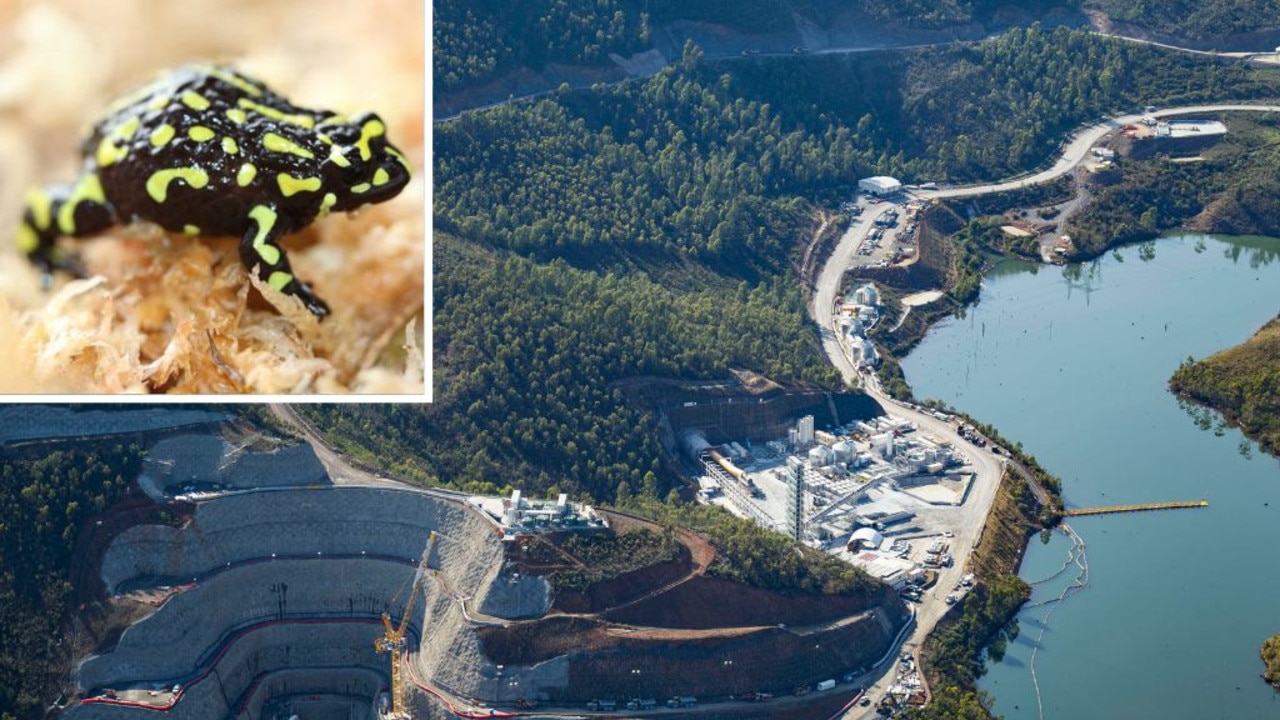Evidence grows for mix and match Covid-19 vaccines
Evidence is growing that a ‘mix and match’ vaccine strategy boosts the immune response to Covid-19 in inoculated patients.
Evidence is growing that a “mix and match” vaccine strategy boosts the immune response to Covid-19 in inoculated patients, with Australia’s top immunisation advisers likely to soon approve such a strategy.
Countries including Canada, France, Spain and Norway are already pursuing mix-and-match vaccine strategies as studies accumulate showing that mixing different vaccine types results in a higher level of antibodies to SARS-CoV-2.
A recent British study found that one dose of AstraZeneca followed by a dose of Pfizer resulted in a stronger immune response than two doses of AstraZeneca.
The study by researchers at the University of Oxford administered various vaccine combinations to 830 volunteers over the age of 50.
The results showed that the highest number of antibodies was generated in people who got two doses of Pfizer, followed by those who got AstraZeneca first and a shot of Pfizer second. The number of antibodies in those who got AstraZeneca followed by Pfizer was nine times higher than those who got two shots of AstraZeneca.
However, the researchers noted that two shots of AstraZeneca delivered similar levels of protection against severe disease, hospitalisation and death than two shots of Pfizer or a mix-and-match strategy.
The British study added to published evidence from Germany that also showed that a mix-and-match strategy resulted in higher antibody levels.
The preliminary results of the German study of 340 healthcare workers found getting AstraZeneca first followed by a Pfizer shot resulted in a high number of protective antibodies.
That study indicated the number of antibodies produced following AstraZeneca then Pfizer shots provided similar protection to two doses of Pfizer.
Similar findings were observed in a Spanish trial involving more than 600 volunteers. That study found that vaccination with both the viral-vector AstraZeneca and mRNA-based Pfizer-BioNTech Covid-19 vaccines triggered a potent immune response.
Vaccine mixing is not a new strategy and has been employed with good effect for HIV, malaria, Ebola and influenza. It also may result in longer-lasting immunity.
University of Sydney professor Nicholas Wood, who leads the NSW Immunisation Specialist Service, said it’s believed that a mix-and-match schedule of vaccines delivers an “extra kick” to the immune system.
“When you’re getting the AZ you’re getting an adenovirus delivering the genetic code, and then when you’re getting Pfizer you’re getting the nanoparticles delivering the genetic code, and it could be that your body says ‘well here’s two slightly different antigens’ and therefore the immune system is sort of turned up a bit,” Professor Wood said.
The Australian Technical Advisory Group on Immunisation is assessing the evidence on mix-and-match vaccines and is expected to make a recommendation in coming weeks.




To join the conversation, please log in. Don't have an account? Register
Join the conversation, you are commenting as Logout